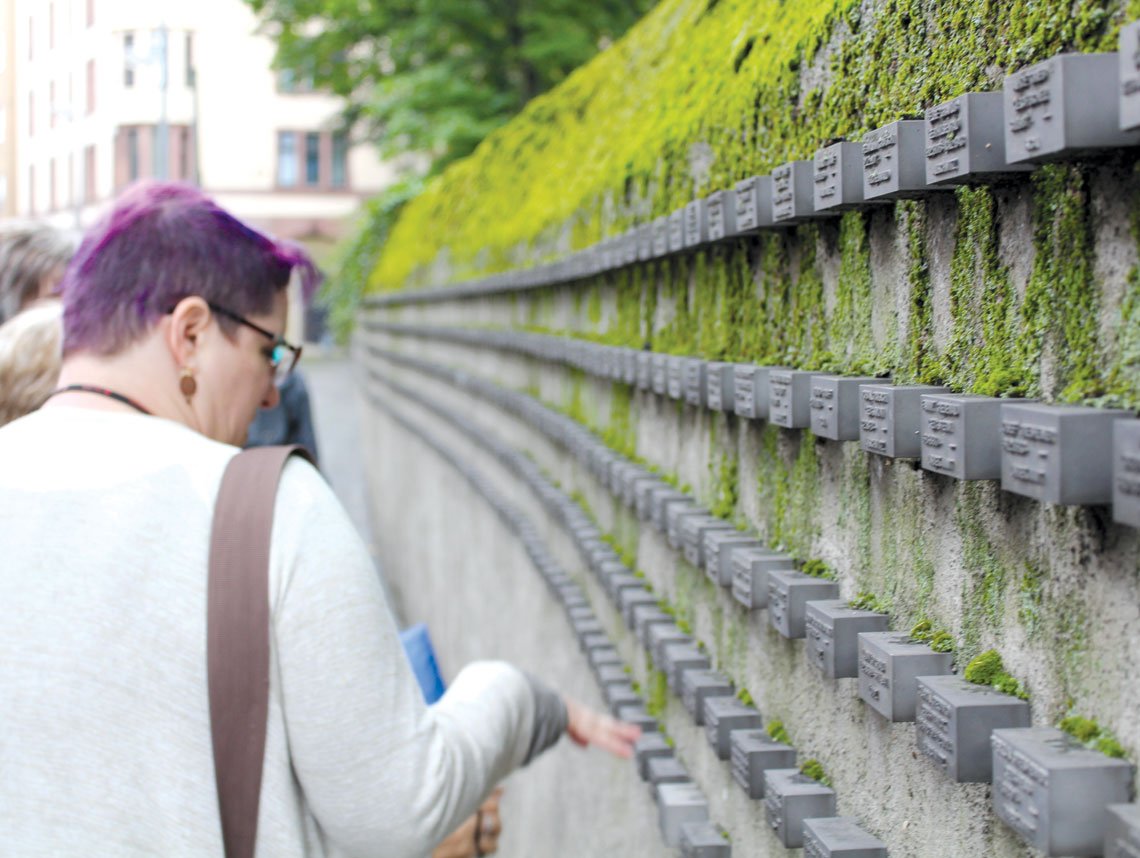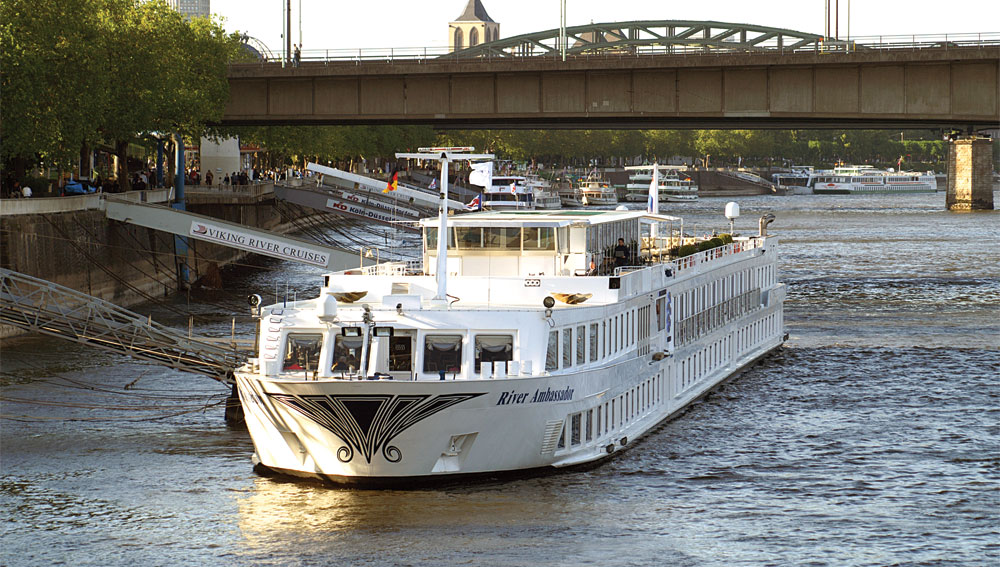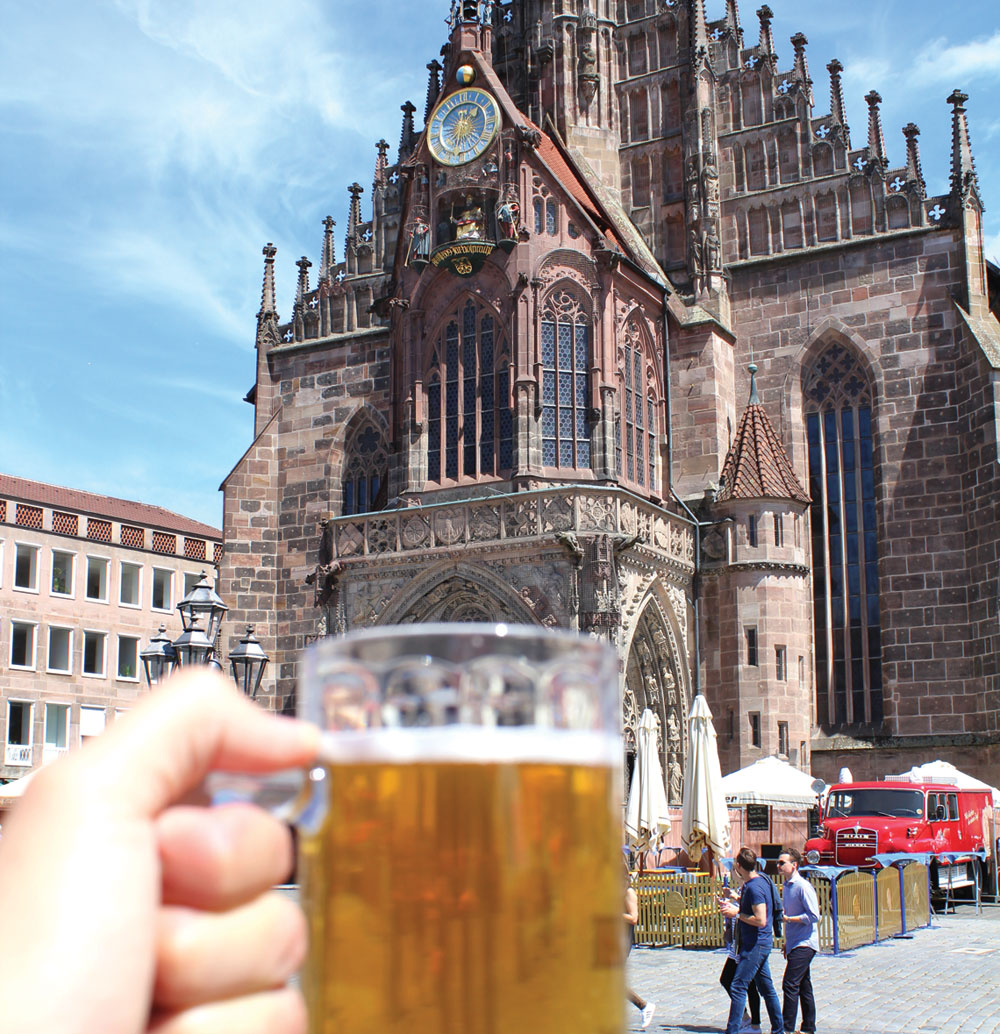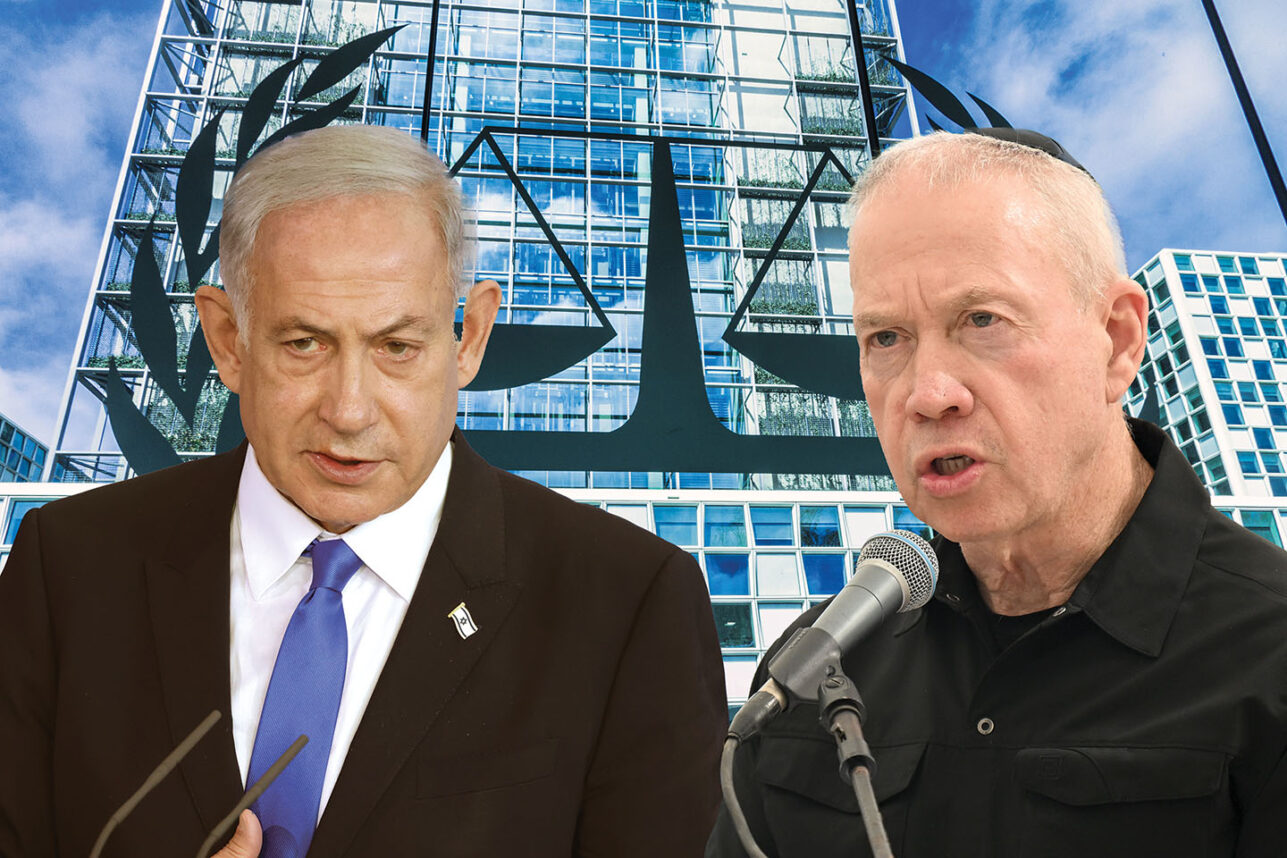
Our gaggle of mostly Jewish, mostly American travelers stepped off a tour bus on the outskirts of Nuremberg, Germany, pointing cameras this way and that and ambling onto a seemingly unremarkable, wide-open expanse of pavement surrounded by parkland.
It was a glorious Sunday in July, and the Nurembergers were soaking it in, gliding by on bicycles and rollerblades, for the most part ignoring the monolithic concrete structure looming over a set of bleachers. Nobody seemed particularly bothered by the fact of what brought us there: About 80 years earlier, Adolf Hitler stood high atop the structure to review a parade of goose-stepping Nazi troops.
As we fanned out across the former parade ground, snapping photos, I thought to myself: This is an odd way to spend a vacation.
I had my reservations about traveling to Germany. I had been to Ukraine and Poland, seen killing fields and the ruins of ancient synagogues, but venturing into the heartland of the Holocaust seemed a daunting prospect. It wasn’t a trip I likely would have taken had I not been invited to go without paying a dime.
In June, I hadn’t given a second thought to accepting an invitation from the Encino-based travel company Uniworld to join a river cruise down the Rhine and Main Rivers on one of its inaugural tours of Jewish heritage sites in Germany.
After all, who says no to a free cruise?
But as my July departure date drew near, my hesitation mounted. I grew up in a home where German cars were strictly verboten. My current bedroom is home to piles of books about the Holocaust, with names such as Elie Wiesel and Hannah Arendt staring at me from their spines. And as a reporter on the Jewish world at a time when racist ideologies are on the rise, Hitler’s handiwork is never far from my mind.
I decided my trip would be a test. Germany is a modern, beautiful country abounding with history and culture. I would be sailing in style down two scenic and storied rivers. I intended to find out, more than 70 years after the gas chambers were shut down, whether a Jew like me could enjoy a luxurious German vacation.
At first, things looked promising. Our group of writers and reporters met our ship, the River Ambassador, while it was docked near Frankfurt. It was an elegant, elongated vessel, designed to fit precisely through the locks on the rivers. As soon as I stepped on board, a glass of white wine materialized in my hand, proffered by the hyperattentive cruise staff. I then retired to my stateroom to lie back and watch the rolling hills and quaint river towns glide by my window.

The next day, I awoke from this pleasant dream into a crueler reality.
We disembarked and took a bus to Frankfurt, where Uniworld had arranged for us to meet a member of the local Jewish community, a graduate student active in Hillel International and the Jewish Student Union Germany. Despite his attempt to paint a rosy picture of Germany’s future, he seemed to return constantly to its grim past and uncertain present.
“We have a functioning community,” he reassured us. (Tepid praise if ever I’ve heard it.)
“There is a future in Germany. There’s a young movement coming that wants to change things, that doesn’t want to be afraid to be a Jew in Germany,” he said.
Later, we stood outside the aging hulk of a synagogue used by all three major denominations of Frankfurt Jews, a magnificent edifice that had seen better days. It was closed to the public and looked abandoned but for a few Orthodox men hurrying in and out via side entrances. As we stood shifting our feet, I wrote a sad little poem about the massive shul. It was only Day One of the cruise and Germany already was throwing me for a loop.

After that, it was back to the ship for an evening of sailing, fine dining and drinking at the open bar. Before dinner each evening, the ship’s bartender and sommelier addressed the passengers in the spacious lounge to apprise us of the evening’s fermented offerings.
“Good evening, ladies and gentleman, it is wine o’clock,” she said, psyching us up for her nightly pun. “Remember, everything happens for a Riesling.”
The cruise continued in much the same way: Day trips focused on Germany’s painful Jewish past and diminished Jewish presence, followed by evenings of merriment and luxury.
Even in seemingly innocuous locales such as Rothenberg, a walled town of nearly pristine medieval architecture, our tour guides told stories of unthinkable terror visited upon generations of unfortunate Jews.
Emerging from one of the cobblestone alleys into a square, we caught site of what seemed to be a Jewish star hanging at the site of Rothenberg’s first Jewish quarter. But our guide quickly disabused us of any such hope. In Germany, that particular six-pointed star symbolizes beer: An upside-down triangle for water, plus an upright triangle representing fire — in a truly German feat of addition — means beer. Here in Rothenberg, it signaled the presence of a pub.
The disappointment in our ranks was palpable.
We did learn, however, that the synagogue that once stood in the square was demolished after all 450 Jews who lived in Rothenberg in 1298 were flayed or burned alive.
For the great majority of the 2.2 million tourists who visit Rothenberg every year, the place is a medieval playground of gift shops and sidewalk cafes. For my fellow travelers and me, it was a graveyard.
The trip continued in much the same way, with the members of our little group keeping our chins up as we ambled through centuries of persecution.
The next day, I sat in Nuremberg’s historic main square with a belly full of pork sausage, drinking a shandy beneath a glorious blue sky as a reggae band tuned up for a free concert. Sipping my beer-and-lemonade mixture, I tried — perhaps too hard — to prove to myself that I could have a good time immersed in secular pleasures, Jewish history be damned.

the site of a synagogue destroyed during a 14th-century pogrom.
Opposite me, a looming Gothic church scowled across the throngs that choked the square. Our guide had informed us as that the Church of Our Lady was built on the site of a Jewish synagogue destroyed in 1349, when Nuremberg’s Jews were burned alive as scapegoats for the Black Plague.
No marker indicated the Jewish significance of the church. But the fact of its origins darkened my mood. I felt doomed to walk like a ghost through a landscape of long-forgotten horrors.
Had I not known about the 1349 pogrom, I wondered, would I have enjoyed my sausage and shandy in peace?
The emotional climax of the trip was a visit to Dachau, the labor camp-turned memorial complex. The morning of our visit, on the second-to-last day of the trip, my stomach tied itself into knots as we stepped off our ship and boarded a bus. The Jewish heritage sites on the trip’s itinerary were optional, with other day-trip options on offer, but nearly our entire group chose to visit the camp.
I moved with practiced stoicism through Dachau’s gravel-strewn complex until we reached the area of the camp’s crematory, a lustrous green clearing in the woods that stood in stark contrast to the hot, barren expanse where the prisoners’ barracks were once located.
In a corner of the clearing was a landscaped patch with bushes and ferns, and a stone monument with a Jewish star bearing an inscription in German, English and Hebrew: “Do not forget.” A footstone read: “Grave of Thousands Unknown.”
The words of the Mourner’s Kaddish jumped into my mind and tears into my eyes.
To visit Germany as a Jew without paying heed to our painful saga there is to miss an opportunity to mourn a deep and staggering loss.
You can ignore history or drown it with a bottle of wine, but like all of life’s challenges, that doesn’t make the horror go away.
Perhaps without the grim reminders from our tour guides, I might have seen Germany’s fairy-tale villages and ancient castles as the quaint locales and proud landmarks that beguile millions of tourists — rather than elements of a multigenerational crime scene.
But I doubt I could ever take it all in without being haunted by the pain and suffering that took place there. I’ve had too much Elie Wiesel in my life, too many visits to Holocaust museums and too many family stories from the grim years of 1939 and 1942 for me to uncritically sip beer and scarf sausages like the average tourist.
If you’ll forgive the pun, that ship has already sailed.






















 More news and opinions than at a Shabbat dinner, right in your inbox.
More news and opinions than at a Shabbat dinner, right in your inbox.